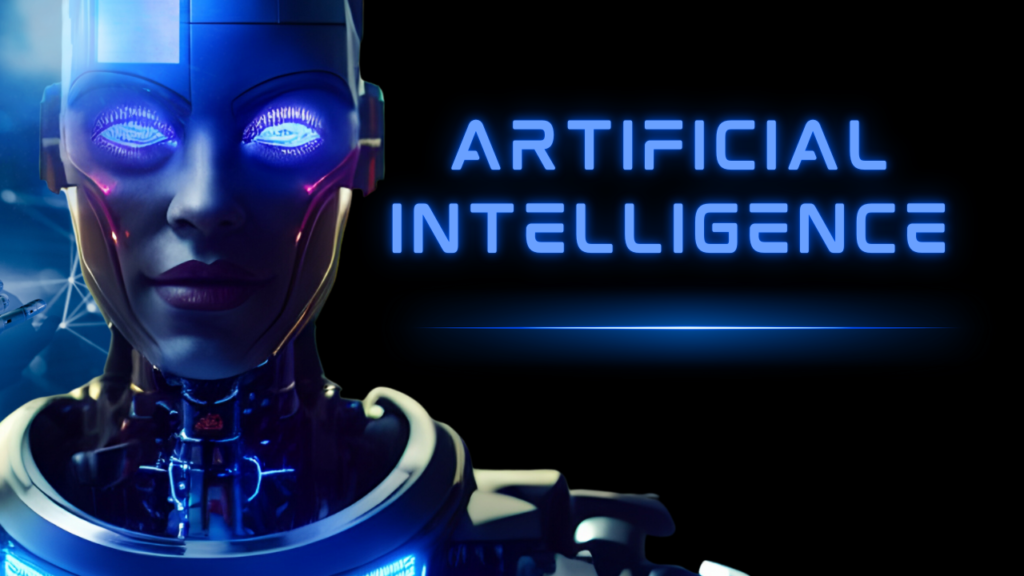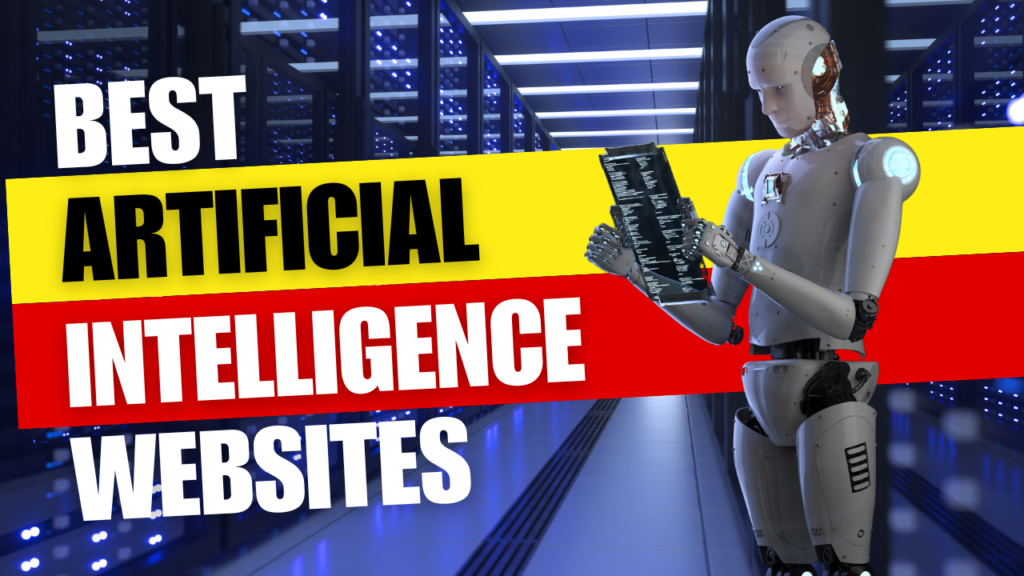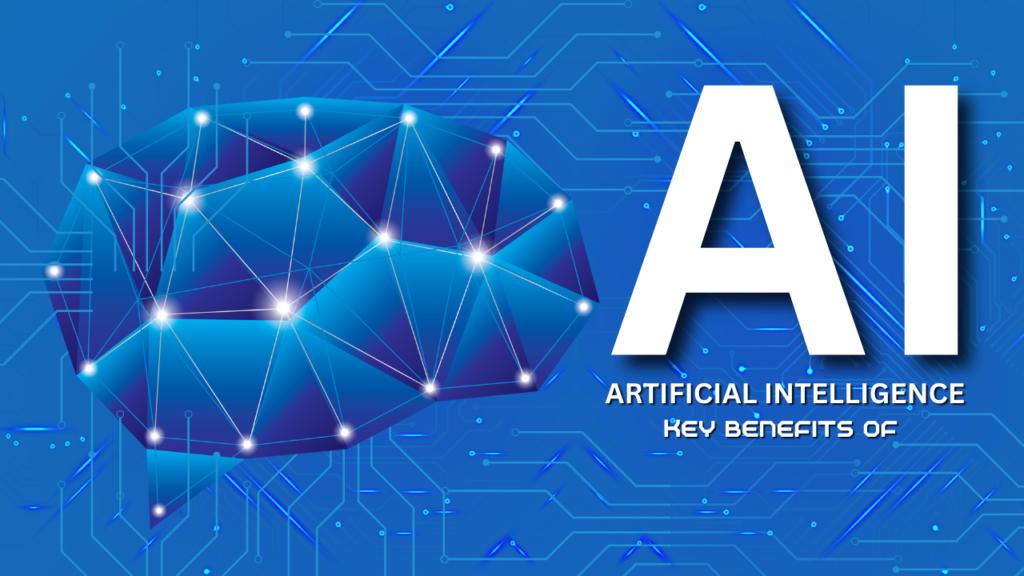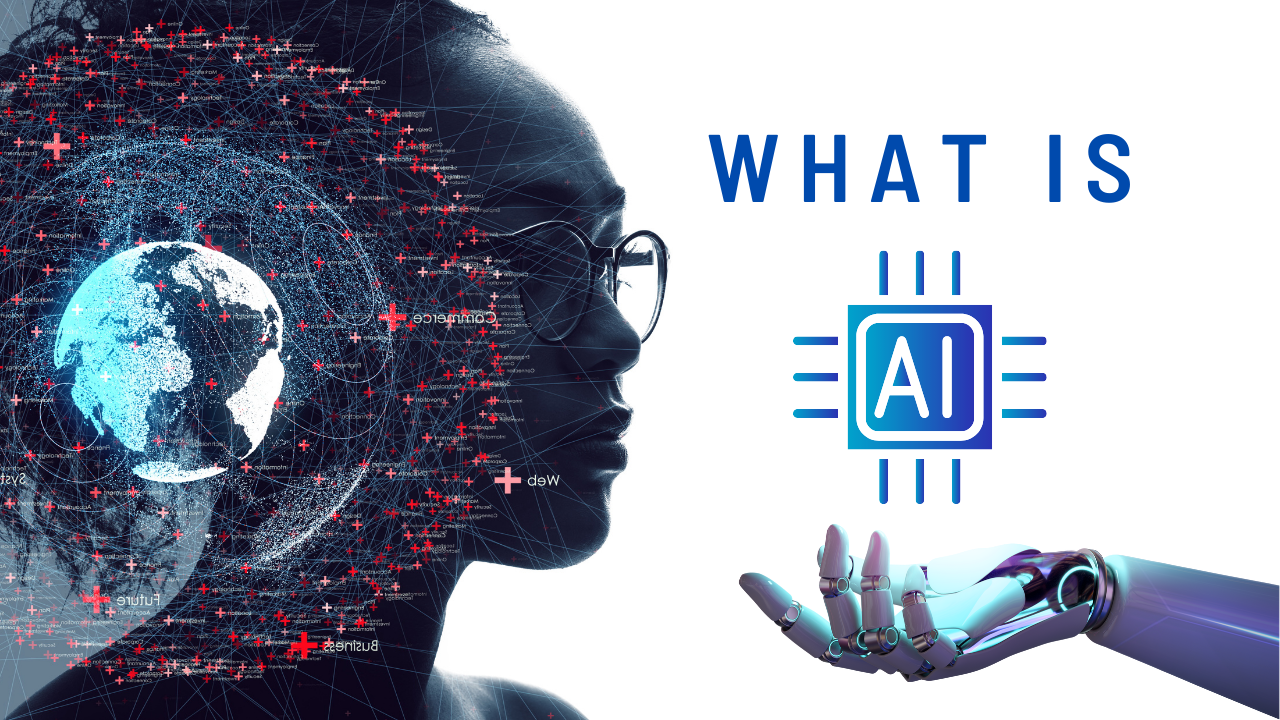In this essay, we will certainly show the groups and performances of AI, from slim AI systems like Siri and Alexa to theoretical forms such as artificial superintelligence. We will certainly also offer you a few of the most notable AI systems and applications currently in use, showcasing the terrific possibility of AI in driving technology and effectiveness. As AI innovation keeps going, its influence will certainly expand, opening up brand-new horizons for companies and people alike.
What is Artificial Intelligence?
Expert System (AI) describes modern technology that allows devices and computer systems to Imitating human intelligence. This includes procedures like discovering, analytics, decision-making, creativity, and adapting to brand-new scenarios. AI enables machines to reproduce human cognitive features to finish tasks that need human knowledge.
Types of Artificial Intelligence
Artificial intelligence can be categorized based on its abilities and capabilities. These classifications help us comprehend the different degrees of AI modern technology and just how it is applied in different contexts.

Categories Based on Capabilities:
- Artificial Narrow Intelligence (ANI) or Weak AI: Presently, this is the only kind of AI in existence. ANI is made to perform details jobs such as Siri or Amazon Alexa and commonly does so more efficiently than people. Nonetheless, it is restricted in scope and can not run beyond its predefined tasks.
- Artificial General Intelligence (AGI) or Strong AI: AGI remains an academic concept. It would certainly have the capability to pick up from previous experiences and apply that expertise to new, various contexts, allowing it to execute any type of intellectual task a human can deal with without requiring human intervention.
- Super AI: Super AI, or synthetic superintelligence, is also totally theoretical. It would surpass human cognitive capacities in every means, possessing the capacity to assume, learn, factor, and even experience feelings, needs, and beliefs.
Categories Based on Functionalities:
- Reactive Machine AI: These AI systems perform particular jobs without the capacity to remember previous experiences. For instance, IBM’s Deep Blue chess-playing computer counts solely on existing information to make decisions.
- Limited Memory AI: This kind of AI can learn from previous data for a minimal time. Examples consist of AI devices like ChatGPT, digital assistants like Siri, and self-driving cars and trucks, which use previous information to inform their decisions but can not save lasting memories.
- Theory of Mind AI: Still theoretical, this sort of AI would certainly have the capacity to understand human ideas, feelings, and intents, tailoring communications as necessary.
- Self-Aware AI: Self-aware AI, one more theoretical form, would have its own awareness, emotions, and desires. It would also comprehend human emotions on a deep level.
Best Artificial Intelligence Websites
With the expanding variety of AI applications, there are now many systems offering different AI solutions. Below are some of one of the most noteworthy AI internet sites:

1- ChatGPT: OpenAI is a popular text-generating AI, commonly used for jobs like writing social media sites blog posts, blogs, or perhaps generating video clip scripts.
2- Bing AI: Microsoft’s integration of GPT-4 into its online search engine allows users to generate both messages and images with enhanced accuracy.
3- Gemini (formerly Bard): Google’s AI tool focuses on delivering accurate details by focusing on resources, though it has actually been critiqued for not fulfilling assumptions in some areas.
4- Jasper.ai: An effective AI tool used for material generation, personalized to services’ demands by learning the company’s voice and tone.
5- GetResponse: Understood for AI-driven advertising campaigns, this tool automates jobs like email generation, touchdown page development, and subject line optimization.
6- Rytr: This system sustains over 40 various usage cases, from SEO tasks to composing tune lyrics or interview feedback.
7- Writesonic: Focuses on SEO-friendly material generation for blogs and ads, though it’s been kept in mind for generating somewhat generic outcomes.
8- DALL-E2: A text-to-image generator developed by OpenAI is often used for creating images or dream images.
9- Midjourney: Recognized for its premium, sensible photo generation, Midjourney Masters creates spectacular visuals but includes no cost-free test.
10- Pictory.ai: An AI device designed to assist in video development, manuscript writing, and transforming written content into video clip layout.
Key benefits of artificial intelligence
AI supplies many benefits across sectors, reshaping how services operate and how people are involved with modern technology.

Automation: AI-driven automation brings about higher manufacturing prices, boosted performance, better high quality, and enhanced safety. It also reduces human work by taking control of repeated jobs.
Smart Decision Making: AI boosts decision-making by evaluating information, recognizing trends, and providing workable understandings, all without human predispositions.
Enhanced Customer Experience: AI-driven chatbots and digital assistants allow for customized client interactions, improving feedback times and lowering strain on human customer service teams.
Medical Advances: AI modern technologies such as remote person monitoring, predictive disease versions, and robotic surgical treatment are changing the medical care field.
Research and Data Analysis: AI processes big volumes of data promptly and accurately, helping researchers construct anticipating versions and algorithms for future insights.
Solving Complex Problems: From fraudulence discovery to weather forecasting, AI aids businesses tackle complex problems with precision, leading to higher effectiveness and lower expenses.
Business Continuity: AI-powered risk management devices assist companies plan for dilemmas and preserve service continuity through predictive modeling and scenario evaluation.
Managing Repetitive Tasks: AI automates ordinary tasks, liberating human resources for even more complicated work while improving operational performance.
Minimizing Errors: By automating information access and processing, AI lowers the risk of human mistakes, especially in vital locations like financing and medical care.
Increased Business Efficiency: AI guarantees constant, 24-hour operation, handling repeated tasks and permitting employees to concentrate on even tougher, innovative jobs.
In recap, AI is changing sectors with its capability to simplify procedures, solve complicated issues, and offer individualized customer experiences. As AI modern technology continues to progress, its potential for driving innovation and performance is limitless.
References
- For more information, see the article of What is Artificial Intelligence? https://www.ibm.com/topics/artificial-intelligence
- Review that https://www.simplilearn.com/tutorials/artificial-intelligence-tutorial/types-of-artificial-intelligence
- View that https://www.registrationchina.com/articles/top-10-largest-ai-websites/
- See that Also https://medium.com/@reynoldsfred675/top-ai-websites-must-visit-sites-for-learning-development-and-innovation-655df9e2fa7d
